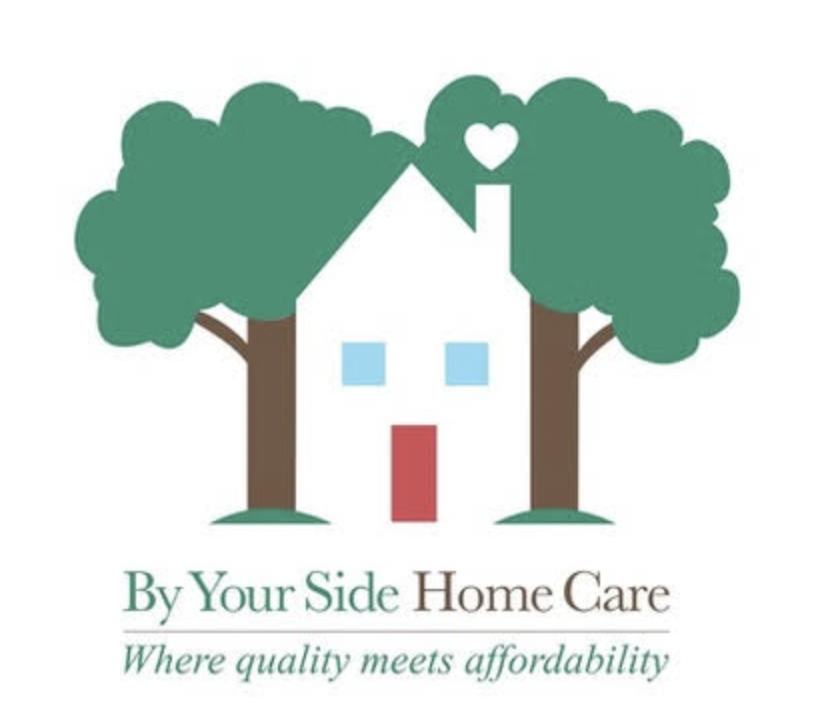Home Health Care vs In-Home Care: What’s the Difference?
As our loved ones age, we may have a difficult decision to make. Can they stay in their home, or is addition support needed? If so, what kind of support?
Many elderly people would like to continue living independently in their own homes. Plus, with the COVID-19 pandemic in 2020, more people are deciding to stay in their own homes as long as possible. According to kkf.org, COVID-19 has claimed the lives of more than 100,000 long-term care facility residents and staff as of the last week in November 2020.
But as they age, extra support can be needed for your loved ones to keep living independently. Many families may need to look to outside help for this support because of time constraints or being a long distance from their loved ones. There are two options for care in the home available: home health care and in-home care. Many people confuse the meaning of these two options and believe they offer the same type of care. Below are their definitions and what services each can provide.
Home Health Care
The definition of home health care is medical services that are provided in the home with a focus on skilled nursing and therapy. This care can give support in the treatment of a chronic health condition or to help people recover more safely at home from an illness or surgery. Most of the time, home health care is ordered by a doctor for just a specific period of time.
Some of the services that home health care provides may include the following:
Nursing
Medication management
Wound care
Physical, occupational, or speech therapy
Patient and caregiver education
Medical social work
Sometimes help with bathing and dressing
In-Home Care
In-home care is a non-medical service that gives ongoing needed assistance with daily activities to help older people live safely in their homes. Plus, in-home care caregivers can provide companionship and friendship to seniors, which is so important if they can’t get out.
In-home care services typically include the following:
Bathroom assistance
Dressing
Cleaning the home
Preparing food
Running errands
Transportation to appointments
Provide reminders about medications
Can be used just a couple hours a day or up to 24/7 as needed.
Many times home health and in-home care providers will work together. Usually, when medical-level services are prescribed, assistance with everyday activities are also needed.
At By Your Side, we are here to guide you and your loved ones in making important decisions. Our in-home caregivers provide the non-medical care and assistance your loved one may need in their daily activities in their home. By Your Side also offers in-home specialty care for Hospice and Dementia. We have the most rigorous screening methods in the industry for the professional caregivers we refer. If it is important to your loved one to remain independent by living in their own home, contact us for a free, no-obligation, in-home consultation on how we may help.

